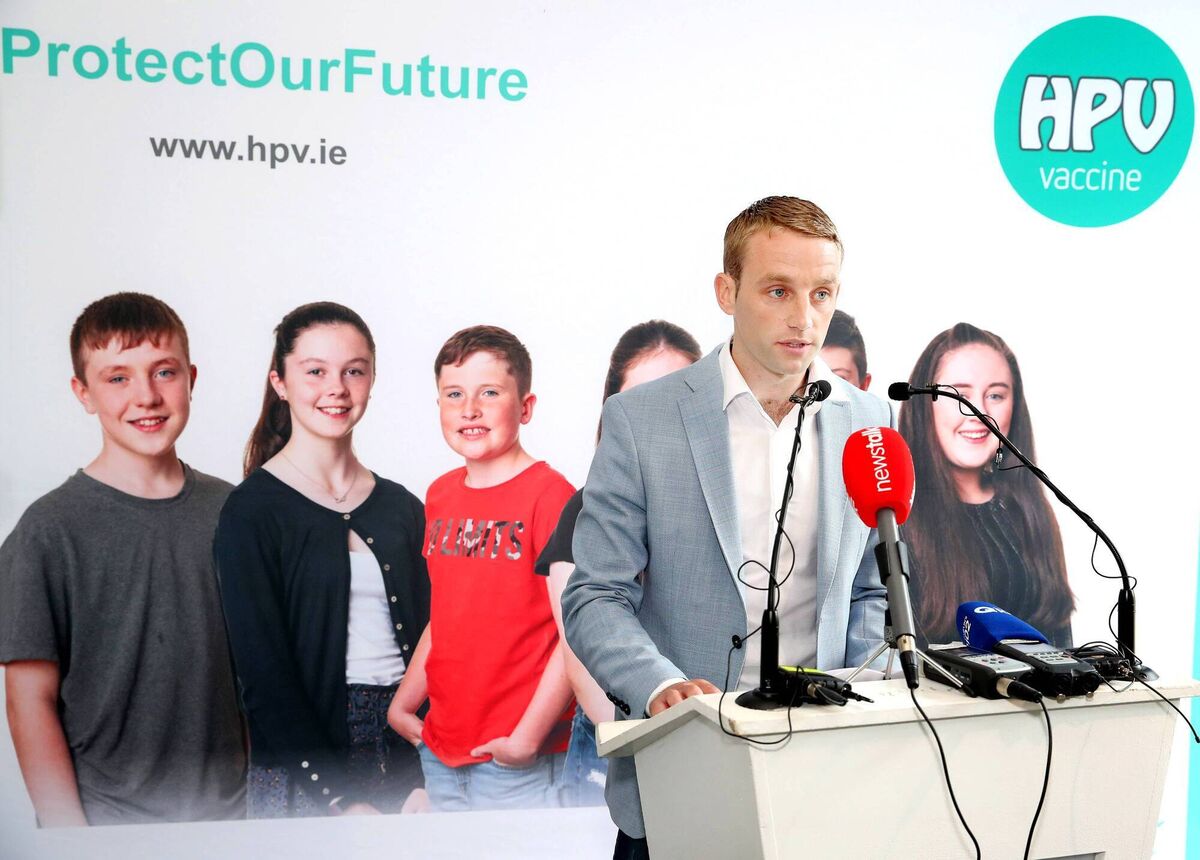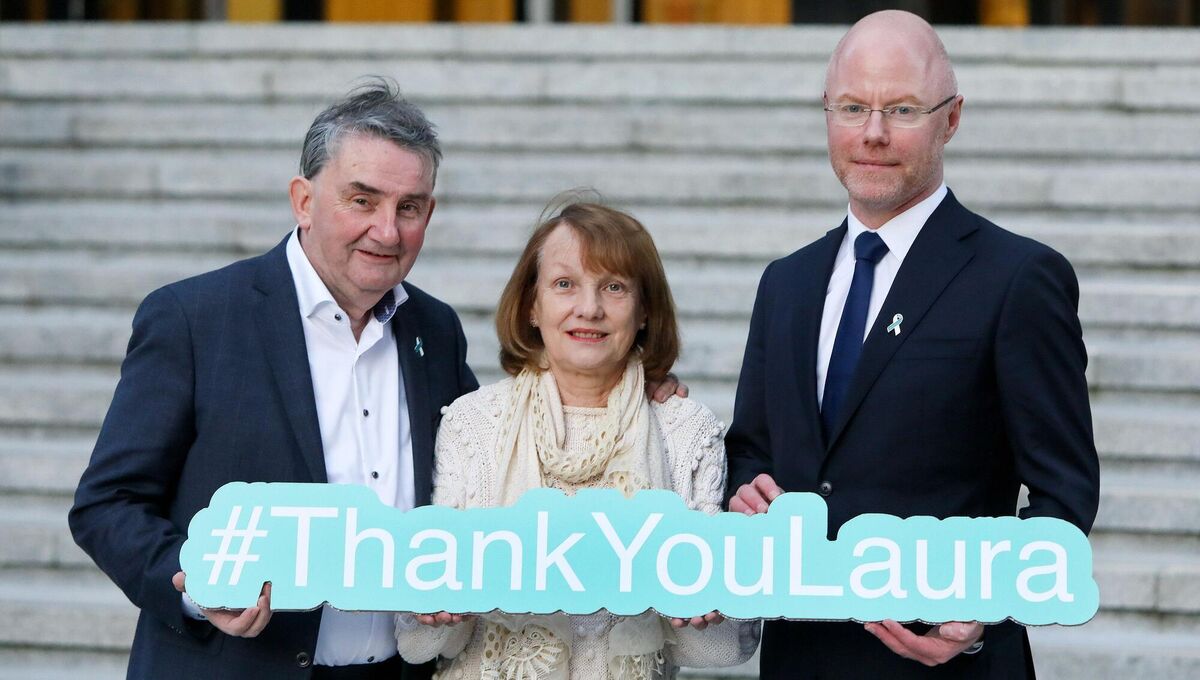Laura Brennan's lasting legacy: the HPV catch-up vaccine programme

The late Laura Brennan: a tireless campaigner for HPV vaccination. Pic: Marc O’Sullivan


- Females who have left school and are 24 years old or younger.
- Female secondary school students in second to sixth year
- Male secondary school students in second to fourth year (or fifth year if they skipped transition year).





